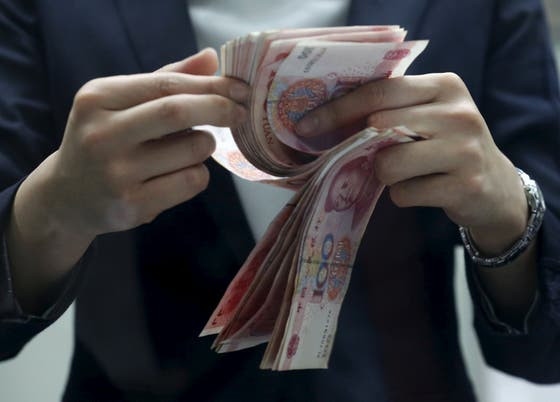Though there is no timetable yet on the launching of the People's Bank of China's (PBOC) digital currency, the bank's governor at least, Yi Gang, for the first time, mentioned the e-yuan project during a news conference.
With the 70th anniversary of modern China on Oct. 1, Yi stressed the need for evaluations, studies, and tests before the adoption of the virtual currency.
Because cash used in payments is dwindling in China, he added that a specialized team at the mainland's central bank had already made "positive progress" on its e-yuan since it started working on it in 2014.
The moment US social media giant Facebook announced its plans for its own cryptocurrency, Libra, PBOC authorities haven't answered any questions about the e-yuan project until this news conference.
Yi's acknowledgment of the project with the aim of partly replacing cash has confirmed its existence once and for all but also quieted down speculations on its launch which many are suspecting will be this year.
China's cryptocurrency would operate in a two-tier framework that would have commercial lenders and central bank working hand in hand.
Yi clarified that the cryptocurrency "would not change" the present framework and supply roots of cash.
This means the PBOC would issue the e-yuan which would find its way to businesses and households through commercial banks.
Likewise, China's digital currency will enable improved capacity to track down how the Chinese spend and find out what the companies are doing with their money.
Aims of improving tax collection and implementing foreign exchange controls would be better served with a virtual currency so new ways of implementing monetary policy can be adapted.
When it comes to privacy, the PBOC assures this wouldn't get compromised.
Still, a small denomination of cash should be available to get used indefinitely.
From the way the Chinese adopted electronic payments using mobile phone apps, it would be easy to achieve PBOC's aims.
Yi added that China's digital coin would be under blockchain, the distributed ledger technology where virtual currencies like Bitcoin are based without disregarding whatever new methods that would have evolved from existing electronic payments at the time of e-yuan's launch.
Giving an insight into what the PBOC team on the digital currency is working on, Yi cited that the biggest work is getting the coin ready to get used "across borders."
This would mean preparing the yuan so it will not get used for money laundering, tax evasion, and even terrorist financing.
PBOC's Digital Currency Research Institute, which opened last year, has been hiring specialists in cryptography and has filed more than 40 patent applications for the technology infrastructure of electronic money.






